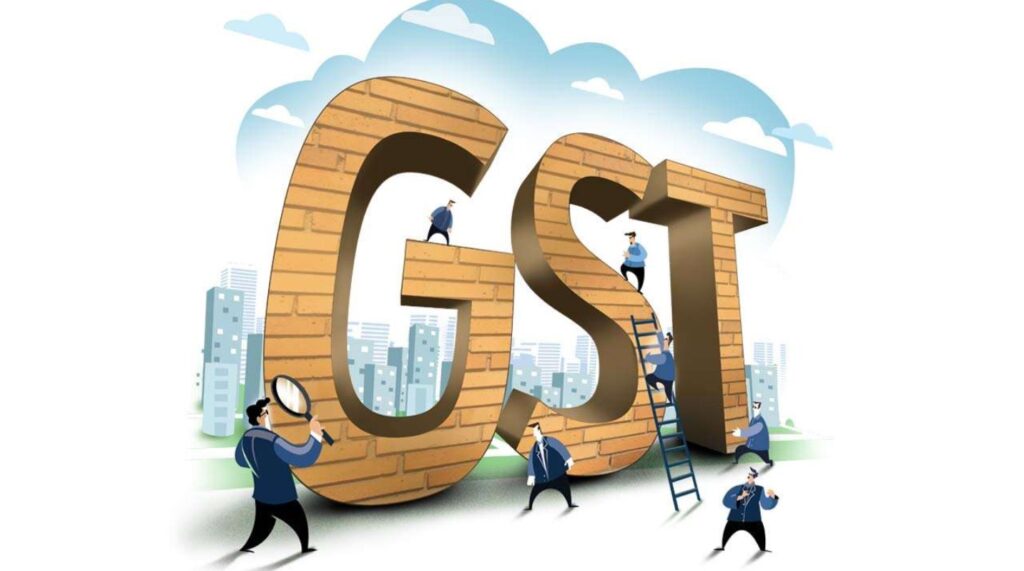GST Amendments 2023: The Lok Sabha approved amendments to the Finance Bill that will enable the establishment of an appellate tribunal for the resolution of GST-related disputes. Currently, in the absence of the appellate tribunal, taxpayers are submitting writ petitions to the high courts. The Finance Bill 2023 amendments, which were approved by the Lok Sabha on Friday, call for the establishment of GST Appellate Tribunal benches in each state and the establishment of a principal bench in Delhi to hear appeals pertaining to “place of supply.” Read More Business News on our website.

GST Amendments 2023 Including Rebate, Tax Percentage, etc.
The Goods and Services Tax (GST) has been in effect for more than five years, but the appellate tribunal has not yet been established. As a result, GST-related legal issues remain unresolved.
Tanushree Roy, Director-Indirect Tax at Nangia Andersen India, stated that the establishment of the appellate tribunal would both provide taxpayers with a much-needed reprieve and reduce the workload on the Supreme Court and high courts.
The establishment of the GST Redrafting Council has been significantly delayed, Roy remarked, so this is undoubtedly a good thing.
The CGST Act’s Section 109 modification, in the opinion of EY Tax Partner Saurabh Agarwal, will help the government set up the GST tribunal on schedule.
It would also make it possible for the principal bench to make important decisions like how to divide cases up among the state benches and whether to refer cases to other members if there are different points of view within the same bench or not. Agarwal went on to say that these would help speed up the decision-making process.
In the absence of the appellate tribunal, taxpayers are currently submitting petitions to the high courts.
Also, addressing the contentious topic of source of supplies, the chief seat should now have the authority to hear the allure, which would probably certainly encourage better independent direction, according to Agarwal.
Abhishek Jain, Accomplice, Roundabout Expense at KPMG in India, said it will finish the huge delay by the business and assist with smoothing out forthcoming cases.
Last month, the 49th GST Committee meeting acknowledged the report of a board of state clergymen on redrafting councils for certain changes.
Taxpayers who are dissatisfied with a tax authority’s decision must currently petition the Supreme Court. Because high courts lack a specialized bench to handle GST cases and are already overburdened with cases, the resolution process takes longer.
The establishment of benches at the state and national levels would facilitate quicker dispute resolution.
